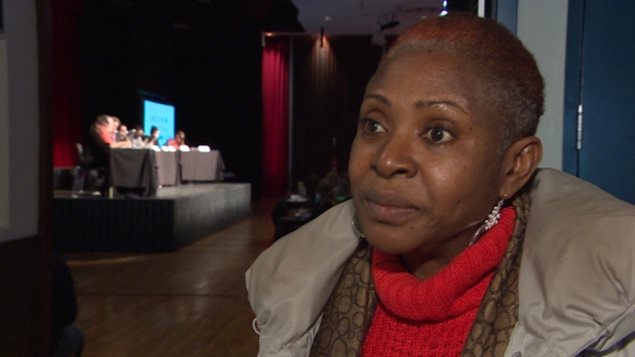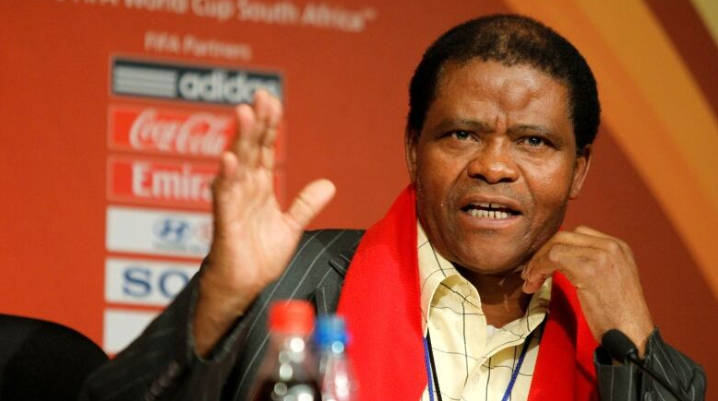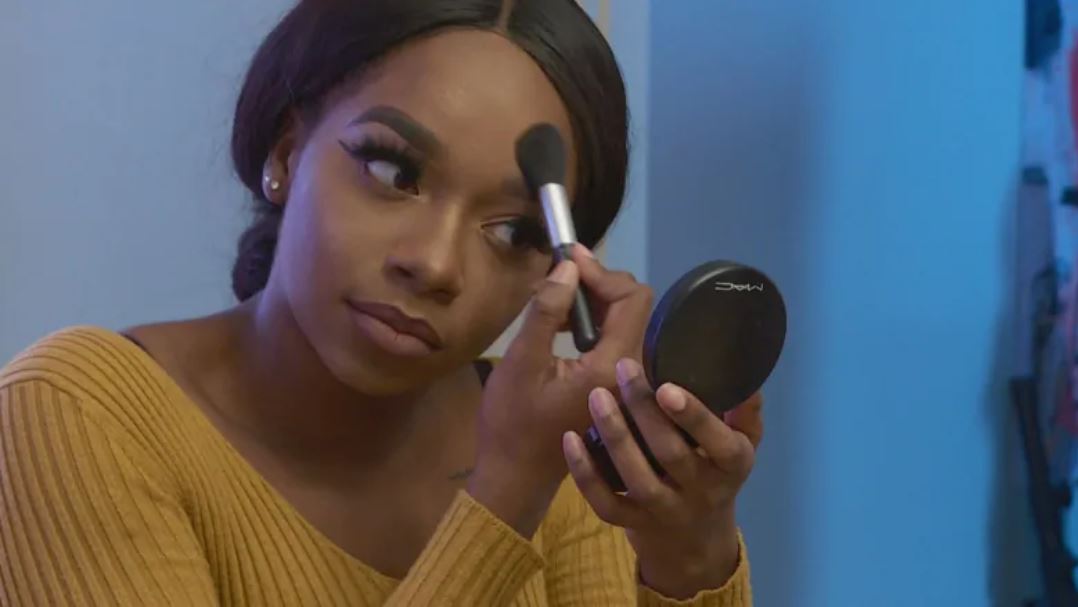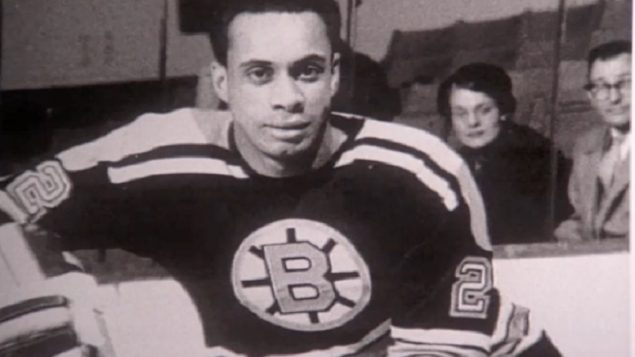
Black students in Canada are not doing well, and according to Professor Afua Cooper, the statistics are a “national disgrace”.
‘School to prison pipeline’
Professor Cooper, a scholar, author and Dub poet, is the James Robinson Johnston Chair in Black Canadian Studies. Her mission is to raise the profile of African Nova Scotian history to Nova Scotians and Canadians. But she is not optimistic.
Professor Cooper says with drop-out rates of up to 60 per cent for young black people, there is a problem. But of even greater concern to Professor Cooper, is that there is no alarm being raised. She says researchers at places such as OISE are now speaking in terms of the ‘school to prison pipeline’. She says prisons, in fact, are the only place of racial equity, from her observation.
We’re losing generations of young people and their future’s are being blighted.
“Twenty years ago we heard some discourse; today we’re hearing the same thing. We’re hearing students saying teachers don’t call on them when they raise their hand. We’re hearing students saying when they write an essay and take it in and it’s a top-notch essay, teachers will say are you sure you wrote that? We’re seeing people being passed through the ranks, moving on through the grades without being able to read properly, without having proper numeracy skills, or adequate numeracy skills. So something is wrong; the system is rotten.” according to Cooper.
Black children, by and large in the Canadian school system are allowed to fail.
Afua Cooper says it is not an issue of money. “If you look at a school board like Toronto… the Toronto District School Board… their budget is two billion dollars a year. Two billion! So you’re spending a lot of money and there’s specific populations that are failing. Somebody needs to be held accountable, and that’s not happening.”
It’s this idea that comes from the time of slavery that black people are intellectually inferior.
Afua Cooper grew up and was educated in Jamaica. She says she was encouraged and understood from the beginning she could do and be whatever she wanted. And she was expected to excel.
She says black children in Canada are allowed to fail, and built-in to the education systems, many young students are funnelled in that direction by being consistently installed in remedial classes to maintain funding.
Afua Cooper says even with pro-active cultural initiatives, such as Black History Month, black youth are not feeling very engaged. Many schools are dropping the lessons and events that highlight Black-Canadian heritage as part of the school year each February.






[…] within our educational system is well documented by our lived experiences and “unexplained” drop-out rates. The effect of prolonged injustice from junior kindergarten through to post-secondary education, […]
[…] within our educational system is well documented by our lived experiences and “unexplained” drop-out rates. The effect of prolonged injustice from junior kindergarten through to post-secondary education, […]
[…] within our educational system is well documentedby our lived experiences and “unexplained” drop-out rates. The effect of prolonged injustice from junior kindergarten through to post-secondary education, […]
[…] within our educational system is well documentedby our lived experiences and “unexplained” drop-out rates. The effect of prolonged injustice from junior kindergarten through to post-secondary education, […]
Hello,
There is no question that there has been historically a huge negative bias (read as, ‘severe racism’) towards black people virtually globally and that this, as part of the long term impact of institutionalized black slavery in North America, has been the largest factor in blocking American black advancement on all fronts, however, within this article I don’t see any mention of negative attitudes towards education as a whole which likely have been assimilated by many in the black community and likely impact black educational performance. President Obama brought forth some black social issues (for which he received harsh feedback from many within the American black community, and so he stayed silent thereafter) which he suggested needed to be addressed to a high degree by black communities themselves. I believe it is highly unlikely that all the answers to poor black educational performance are to be found outside the black communities and that internal issues must also be addressed.
Respectfully,
HK
Hello,
I do agree with the fact that this sickness called racism is evident in every area of our society unfortunately. I am thankful for those that are fighting this evil. However, my concern is, since this evil is not going anywhere soon should we not prepare our children to succeed in an environment where the odds are against them? We certainly can’t wait until racism is eradicated off the face of the earth to ensure their success.
I am in absolute agreement that the present fight has to go on and on, as long as it takes. But how long is on and on? We cannot wait for the racists to make it better, it is in our hands and power to change the landscape of failure into success for our children by teaching them to rise to the occasion and fight with the support of the community and their share determination to succeed. They will not give it, therefore we must rise to the occasion and take our own future in our hands
Respectfully
Pastor R.C.G